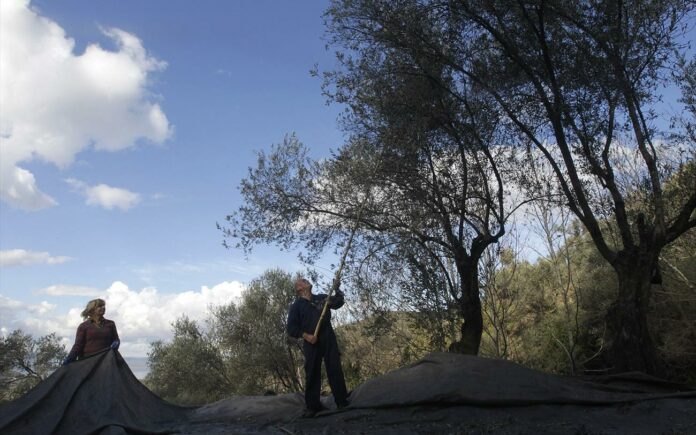Next week a representative from the Greece-based frozen vegetable producer Barba Stathis as well as dairy and juices producer Delta Foods, both part of the Vivartia Group, will travel to Vietnam (pop. 90m, GDP $180bln) and Indonesia (pop. 257m and GDP $860bln), joining an EU delegation that aims to build new markets for EU farm and processed foods exports. This initiative will support Greece’s farmers and agri-industry, helping to boost economic growth and create much-need jobs in rural areas, writes EU Agriculture Commissioner Phil Hogan.
Approximately 150 million people will enter the global middle class every year, between now and 2050, mainly in Asia, Africa and South America. With their increased disposable income, these people will spend more money on better quality food for their families. I believe they will be hungry for the quality, tradition, culture, safety and sustainability of European food.
European foods are famous the world over. Think of French cheese, Italian wine, Greek olive oil or Irish whiskey as well as Greek yogurt – our producers have a highly attractive and marketable product. A guarantee of quality is hugely appealing to modern consumers, who are willing to pay a higher price.
Thanks to the Common Agricultural Policy, which governs food production throughout the EU, we have the highest standards in both food safety and food quality.
Next week, I will embark on another trade mission, this time to Vietnam and Indonesia – two key growing markets. Vietnam’s middle class will double in size between now and 2020, while EU Agri-food trade with Indonesia has grown consistently in the past 5 years. These are markets with massive potential for our exporters.
I am therefore pleased that a representative from Greece will accompany me on this mission. They will have a real opportunity to build upon the positive trade relations that already exist, meeting key players to smooth the path for new export opportunities.
This is just another step on my 2016 “diplomatic offensive”. This year, I have visited key markets to promote our food and drink – diversifying export markets for producers affected by the Russian ban and market volatility. Already this year I have visited Mexico, Colombia, China and Japan. On these missions I bring with me EU business delegations to help unlock new opportunities for our EU producers to export their quality product. These delegations include cooperatives and producer organisations, to ensure the EU farmer is directly represented and can thus benefit directly from new trade opportunities.
They meet key people in each country we visit, building the relationships that will underpin future sales and promotion.
I am confident that this mission will build on the EU’s position as the world’s top exporter and importer of food and drink. We have also boosted the EU promotion budget, with some €111 million available under the 2016 budget. This proved to be an extremely positive, with producers from right across the EU taking advantage of this new opportunity to promote their goods in markets at home and abroad.
Finding new markets means better income for farmers and more sustainable jobs for rural communities.














